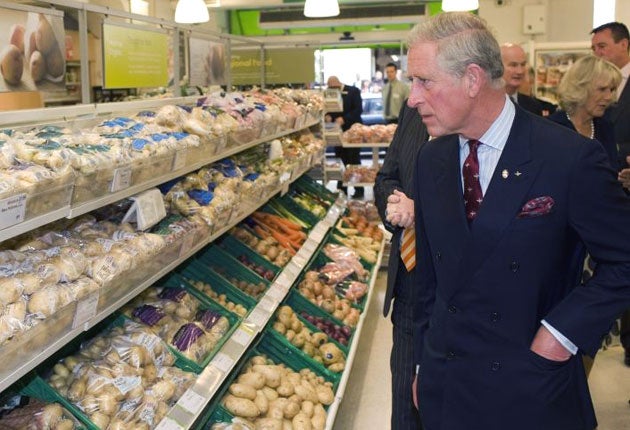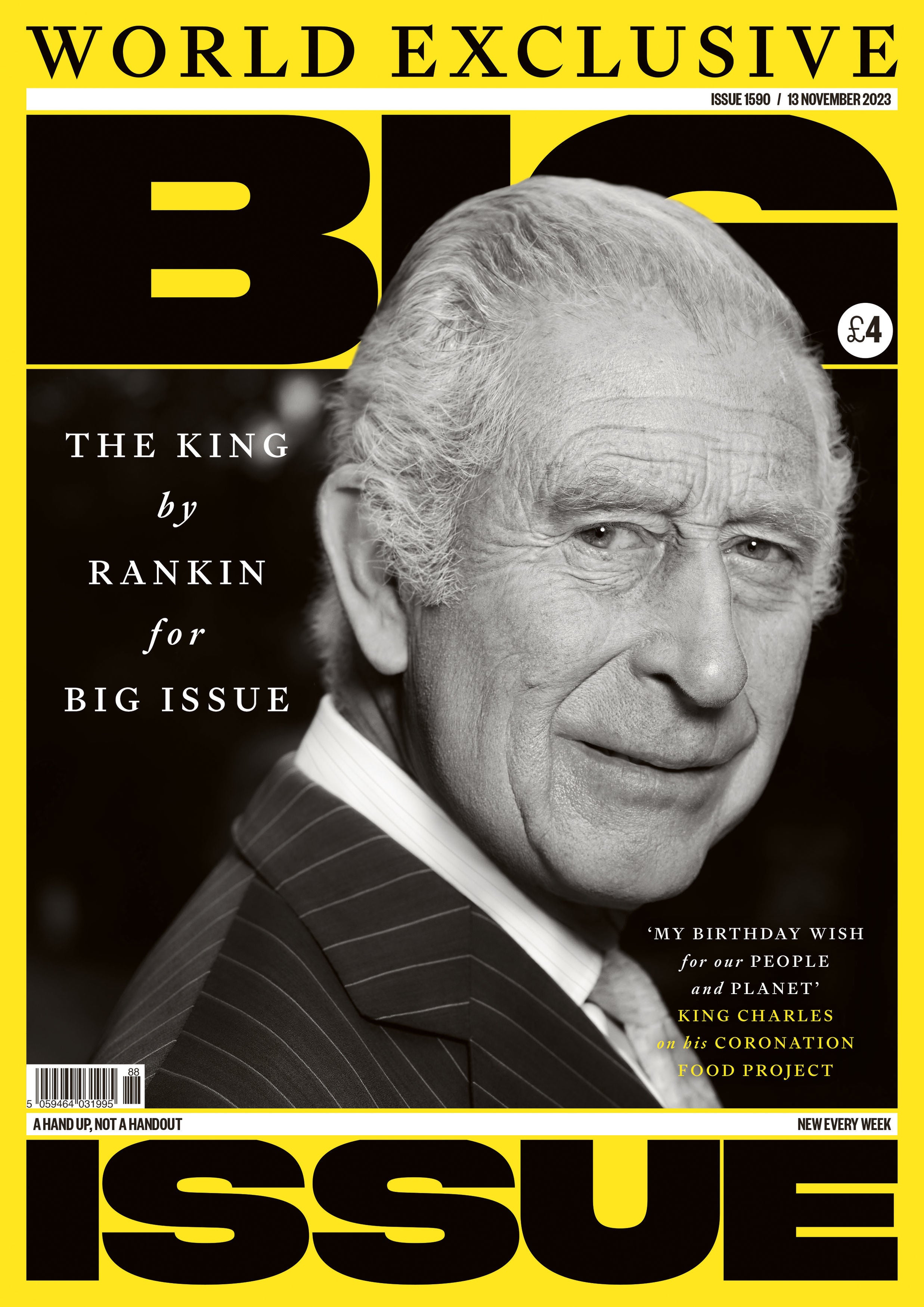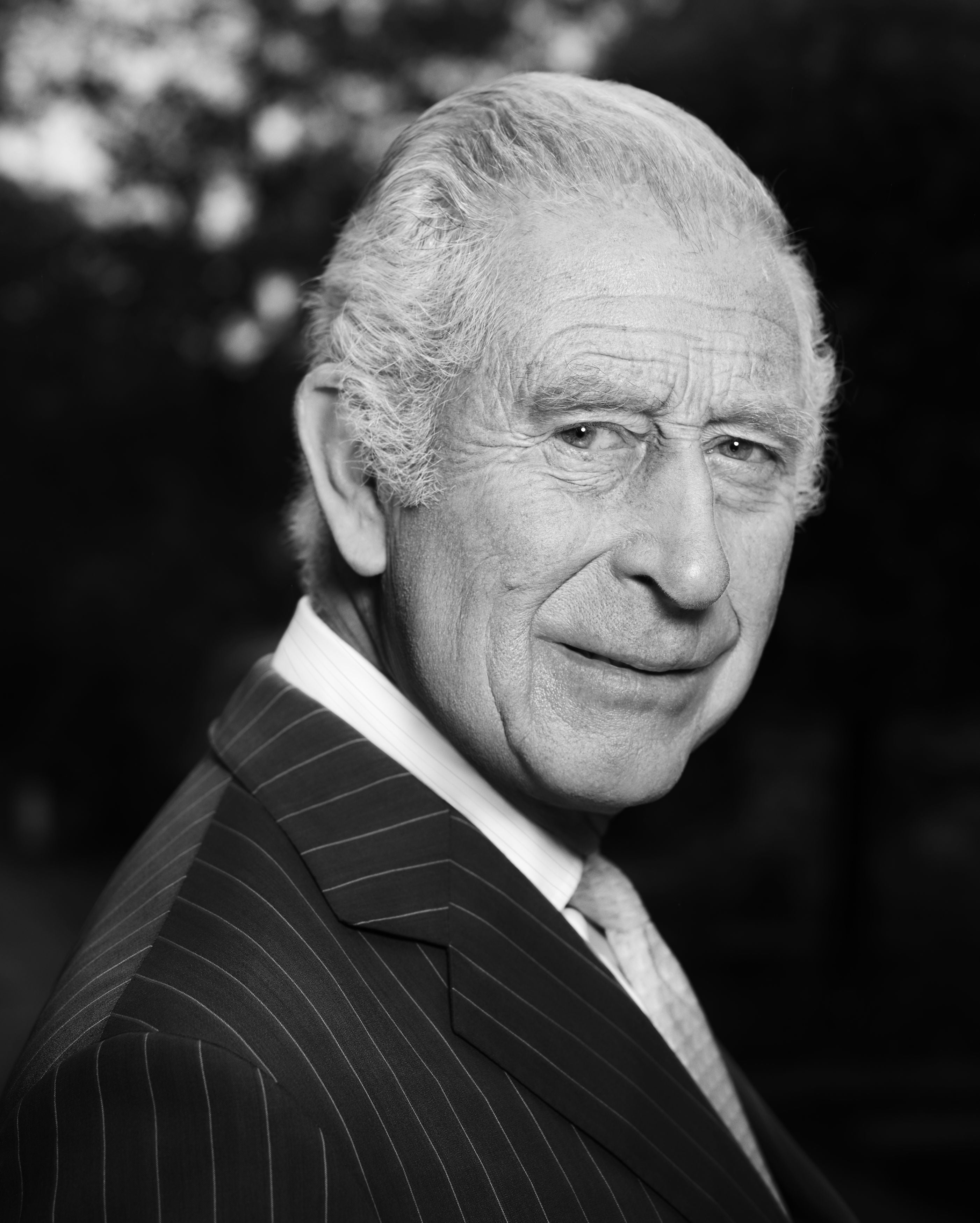King Charles’ new portrait shows he is a monarch on a modern path
The King will use his 75th birthday next week to move the focus of his reign away from flummery, and onto tackling ingrained social issues such as homelessness and food poverty, says Hugo Vickers


It’s the most unlikely of juxtapositions – the monarch, on the cover of a magazine handed out by the homeless.
Over the centuries, kings and queens have marked their birthdays with feasts of great splendour. So it comes as somewhat of a surprise that King Charles’s 75th birthday present to himself is to be photographed for The Big Issue.
But it also helps make clear where His Majesty’s priorities lie: not with pageantry, but with poverty – and not in banquets, but helping beggars.
With his Big Issue appearance, the King reinforces his position as a monarch on a modern path, one who wants it to be known that his reign is being dedicated to the lives of others.

On Tuesday, when the King turns 75 – after having spent more than 50 years as Prince of Wales – his life will move inexorably into a new phase. Next week marks the start of “Monarchy 2.0”.
And to mark that shift, His Majesty’s 75th birthday celebrations will see him visiting food banks around the country as he launches his Coronation Food Project, a landmark push to reduce food waste from supermarkets and redistribute it to those who need it most.
The King has also asked to share his birthday celebrations with others – namely, individuals and organisations that are also turning 75. On Monday, community champions and nominated guests will attend a tea dance in the gardens at Highgrove, before he hosts another reception on his birthday celebrating nurses and midwives, as part of the year-long “NHS 75” celebrations.
The King has displayed a keen interest in social issues ever since he left the Navy in 1976, founding many enterprises working with the underprivileged. The Prince’s Trust – now newly renamed the King’s Trust – has been credited with having helped more than a million disadvantaged young people get into jobs, education and training.
He has always taken an interest in our inner cities, and has certainly seen more of life at all levels on his travels around Britain than most of the rest of us.
Now Charles is King, gone are the kind of controversial public speeches that used to generate headlines, and controversy, when he was Prince of Wales. In 1984, he criticised plans for the proposed National Gallery extension, calling it a “monstrous carbuncle on the face of a much-loved and elegant friend”; the plans were scrapped.

It is clear and well understood by him that, on all matters, he must remain politically neutral. In his greatly respected address to the nation following the death of his mother last September, he stated: “My life will, of course, change as I take up my new responsibilities. It will no longer be possible for me to give so much of my time and energies to the charities and issues for which I care so deeply. But I know this important work will go on in the trusted hands of others.”
To this, he has adhered faithfully ever since. But this does not mean that the monarch cannot make a considerable impact in other ways.
Charles makes his views known privately, to other heads of state, such as presidents Macron and Biden. But I would argue that he still has every right – even a moral responsibility – to raise common-sense issues about homelessness, climate change and so forth.
On his recent state visit to Kenya, we saw him congratulating the locals for their efforts to combat climate change. I assume this speech, like all the monarch’s public pronouncements, will have been approved by his government.
I, for one, look forward to buying my King’s 75th birthday souvenir copy of The Big Issue. I am sure the magazine, and the worthy cause it supports, will be grateful for the very satisfactory sales lift it will doubtless see in coming days.
Hugo Vickers is a royal biographer
Join our commenting forum
Join thought-provoking conversations, follow other Independent readers and see their replies
Comments
Bookmark popover
Removed from bookmarks